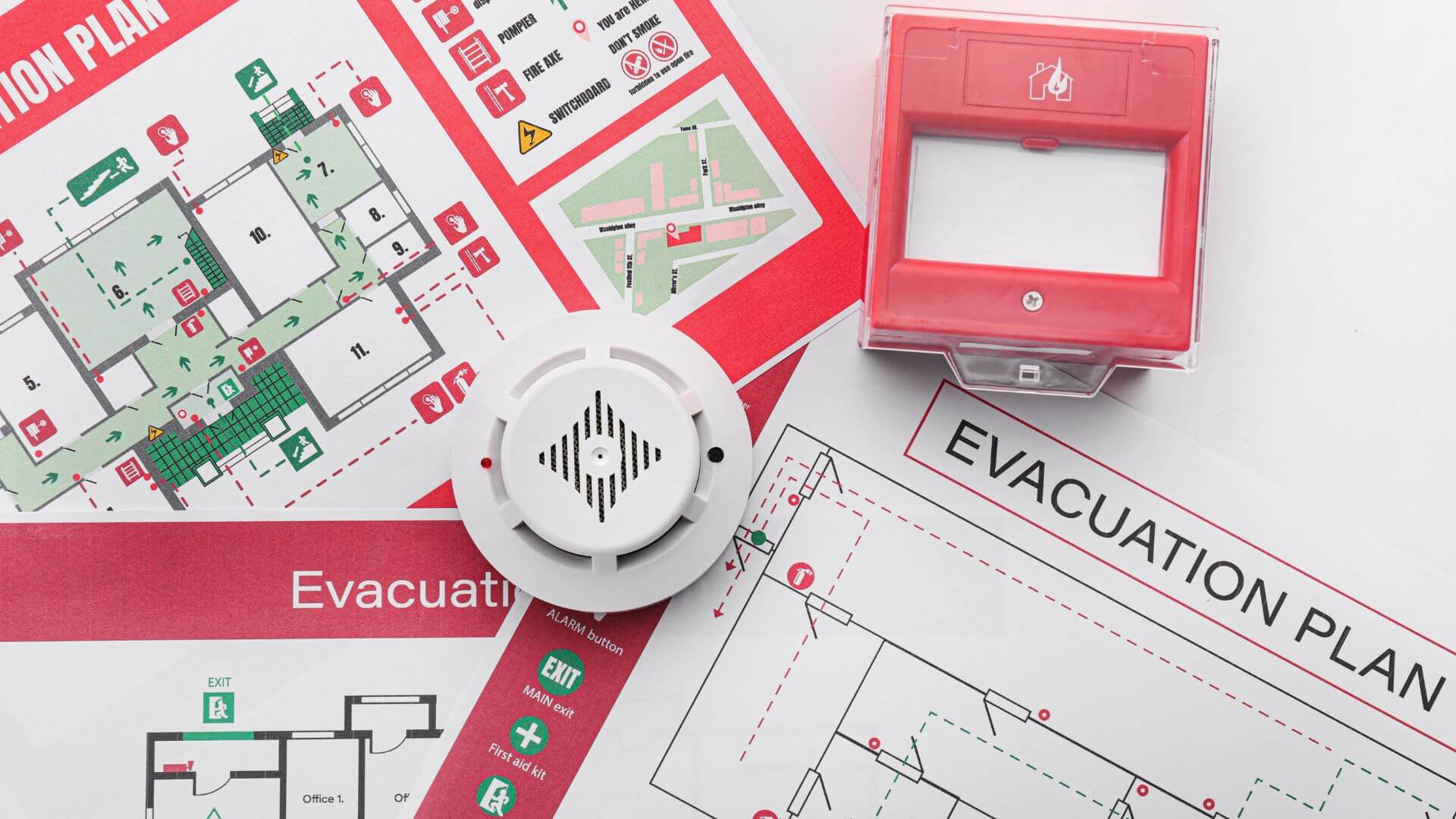The only way to protect your business from an HSE inspection is to make sure you comply with HSE laws at all time…
HSE inspections are on the increase. In 2017/2018, HSE inspectors fined businesses £72.6 million for breaking health & safety laws. They issued 3,883 prohibition notices. And they carried out 517 prosecutions, with 7% of offences resulting in immediate custodial sentences
Remember, even if an inspector visits, prosecution is the worst case scenario. But just in case you do get a knock at the door, here’s what to expect when the HSE inspector calls.
What to expect when the inspector calls
Why has the HSE knocked at my door?
The HSE inspects businesses working in high-risk industries. So if you have not had a visit for a while, don’t be surprised if the HSE wants to take a look around.
This could be due to a previous incident, an issue raised by a worker, or a report of a serious injury on your site.
What are they looking for?
The inspector will want to check that you are keeping your staff, your customers and members of the public (MOPs) safe. They’ll also review if your business is in line with statutory instruments and laws.
The inspector will ask about the health & safety issues affecting your business and what you’re doing to reduce risk. They may want to look around your site and inspect aspects of your work, too.
If they are investigating an incident, the inspector will want you to describe what happened and what processes you had in place. They’ll look at your accident investigation report and any CCTV or photographs that may have been taken. They’ll also speak to your staff or read their witness statements.
What will happen next?
Immediately after the visit, the inspector might offer you written or verbal advice on how to improve safety at work. Or they could issue you with a notification of contravention, which means you’ve broken a law.
The inspector may then give you an improvement notice. This will give you at least 21 days to correct the issue.
For more serious offences, an inspector may issue a prohibition notice. This forces you to stop any activities deemed dangerous, immediately. They can also seize items and equipment as evidence.
Finally, the inspector can prosecute you. You may be taken to court and issued a fine or given a prison sentence.
How much will it cost me?
If the inspector gives you a notice of contravention, you will have to pay HSE expenses for the investigation. This is called a fee for intervention (FFI).
FFI is an hourly charge of £154. You must pay it within 30 days of receiving an invoice. You’ll also have to pay FFI if the HSE gives you a notice of improvement or prohibition.
The fines for prosecution depend on the offence you have committed. For example, in 2018 the average fine for breaking The Control of Major Accident Hazards Regulations 1999 was £846,250.
Of course, the total impact on a business can be much greater. An improvement notice can force you to make high-cost changes in a short space of time. A prohibition notice can shut your business down or lead to disqualification of being a director for a set period of time.
Even minor breaches have lasting damage. The HSE will register an enforcement notice against your business for 10 years. This can make it hard to get work with new clients and almost impossible to bid for public sector contracts.
How can I protect my business?
As always, prevention is better than the cure. My team offers complete health & safety support to make sure businesses meet HSE laws.
Plus, if the worst does happen and the HSE prosecutes you, we even offer legal expenses insurance to cover the costs for fully subscribed clients.
Speak to an expert
Give one of our friendly health & safety experts a call today and find out how we support your business to stay safe and successful. Call 01455 858 132 or request a callback.
Related resources
Categories
- Business Advice
- Contracts & Documentation
- Culture & Performance
- Disciplinary & Grievances
- Dismissals & Conduct
- Employee Conduct
- Employment Law
- End of Contract
- Equality & Discrimination
- Health & Safety
- Hiring & Managing
- Leave & Absence
- Managing Health & Safety
- Moving
- Occupational Health
- Pay & Benefits
- Recruitment
- Risk & Welfare



